OKCon for inclusion and diversity

Together with @rastrau @acolt @mlbrook @tmwdr @wnstns @philippkueng @martyphilipp and @csailer80 we submitted the OKCon 2013 Workshop Proposal summarized below. The ideas that went into the brainstorm and our notes are a starting point for what we hope will make for an interesting debate tackling fundamental & challenging issues. What are your thoughts on the subject?
Update: we did not make it into the 10% of the ~300 fantastic applications that were accepted, but despite not leading this track our team is set to use this proposal as a lens during our involvement at the conference. To this end, we are continuing our collaboration, shortlisting individuals and groups to meet during the event, working on data visualization sketches, spreading the word and leveraging OKCon as an opportunity to break orbit with our ideas. Please get in touch if you wish to be involved.
Proposal
In this workshop we’ll share and cultivate new projects on the question of improving access to critical information for *all* people. Accessibility is often used to promote openness, from which perspective we can talk about challenges in ensuring that a diversity of views are heard and broad citizen participation obtained. We will present a case for how Open Knowledge contributes to inclusion, highlight the digital divide in terms of relevant problems and global trends, share methods used to foster diversity and break barriers between communities. In the interactive workshop each participant will be encouraged to consider his or her own minority affiliations, learning together about how the principles of openness help each of us to overcome isolation and participate in a connected world.
Our group, composed of experienced and multicultural open science and open data champions / researchers / developers, believes that the inclusion divide stands not only between countries and their respective measures of Internet availability, but has deeper roots among the shortcomings of digital strategy everywhere that progress of citizen participation and democracy gets impeded by differences in aptitude, access, perception, values and interests. We will ensure that diversity activists from in and out of the OKFN are invited to take part in this workshop, that the results are naturally broadly documented, and do our best to help engender significant new projects in a relevant and urgent area of digital activism.
Questions we wish to explore
-
Which groups are left out of the OGD movement? While alleviating the immediate problems, does openness potentially reinforce the digital divide in some areas. We will present the usual suspects, as well as report on stories of unexpected isolation, where openness may be potentially more of a desert island rather than an open door.
-
What efforts would be necessary to bring these groups into the fold? We can talk about the experience in various Open Source communities, outreach efforts that have been done and their results. We have also studied success stories in many countries, and would like to present several of these inspirational use cases to our participants, as well as the requirements of frameworks for supporting new causes.
-
What do statistics and literature say about representativeness of viewpoints and demographics in the O(G)D crowd, especially when such contributions might assert a form of authority? We will aim to reference several turnkey sociopolitical, economic and business studies that help form a scientific perspective on the above.
-
How are we progressing with the main challenges of making data technically accessible? From factual/legal access to data formats and standards, tools and software (available, open, free), education and know-how, ‘soft barriers’ (e.g. sense of entitlement, intimidation), involvement of minority groups.
Related activities, websites, groups, people
-
A conversation (Twitter) that led to this proposal.
-
Gender and Diversity in Openness Topic Stream at OK Festival 2012, forerunner of our debate.
-
Sandra Moroco, World Bank (see Being average is your superpower).
-
Wikipedia, its history and framework for hearing out every voice and supporting diverse viewpoints. E.g. see policy of conduct vs Wikipedians do not tend to conform more to groupthink.
-
Open Street Map (and Web mapping, in general) community enables collaboration between very diverse groups, as well as innovative research like Femroute.
-
Ushahidi, has some remarkable stories of cross-border dialogue and minimal technology enabling maximum access, e.g. see recent post What kind of Internet do you want?
-
Manovich, L. (2011). ’Trending: The Promises and the Challenges of Big Social Data.’ Debates in the Digital Humanities. PDF (p.16 last paragraph).
-
Gender Balance data visualization by Moritz Stefaner, Hard Numbers: The Actual Percentages Of Women In Tech.
-
UK Website Legal Requirements, and conversely is knowledge locked away in content being made accessible through open data, e.g. Open Government Data Benchmark.
-
Awareness of the available open data and statistics on these topics, e.g. UK Disability Facts & Figures, Canadian Aboriginal islanders, Women in FLOSS.
-
Are projects which use open knowledge to benefit minority groups getting enough support, e.g. a discussion in the Swiss community of Wheelchair accessible city maps, in a City of Zürich pilot to create maps for people with sight disabilities using open data (TBC), etc.
-
New York Times article which talks about reporting on poverty issues that could use some data to support their case – and has some ideas for framing the inclusion discussion.
-
A new book on segregation and inequality in America, the author’s introduction in the New Yorker is worth checking out.
- How can we know we are not breaking the law when we don’t read the law? Alex Tabarrok asks tough questions on legal accessibility in No One is Innocent.
-
The Ada Initiative seeks to increase women’s participation in the free culture movement, open source technology and open culture.
-
Hackerspace Mothership is a space for creative, curious, tinkering moms.
Please leave me a note with any other links that come to mind!

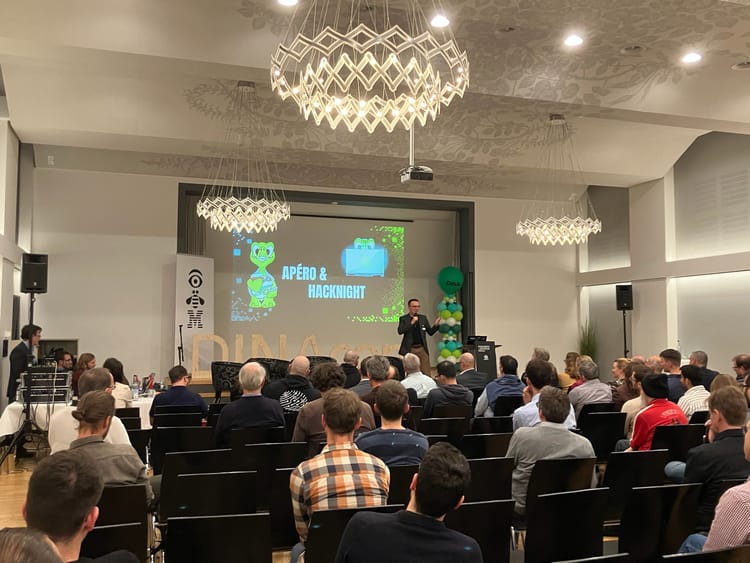
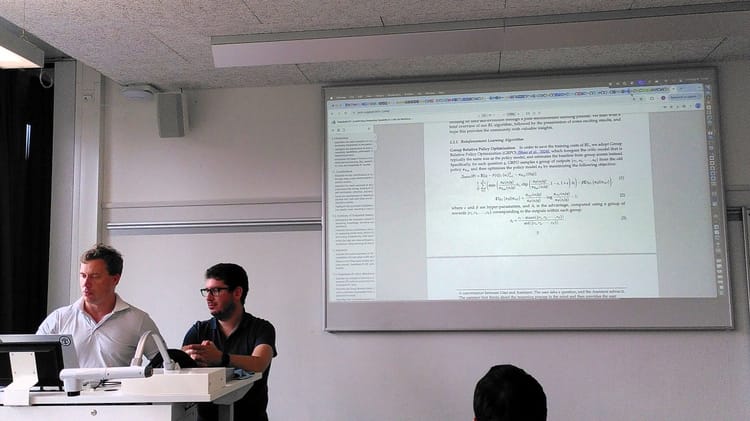
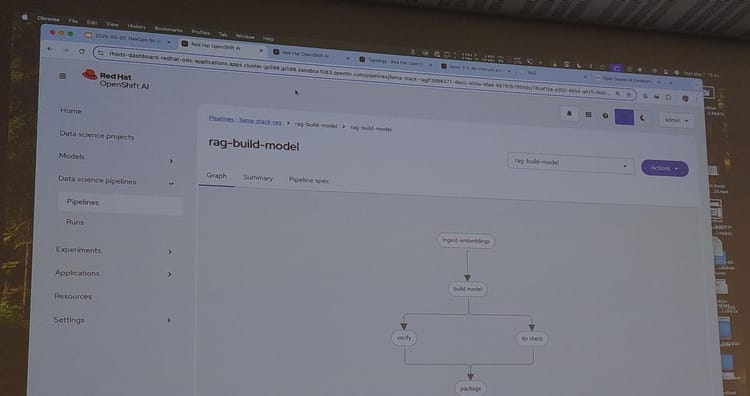
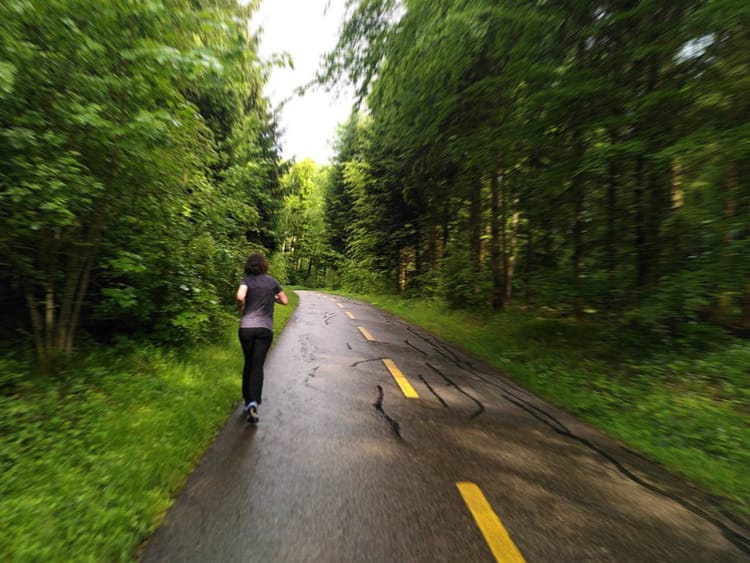
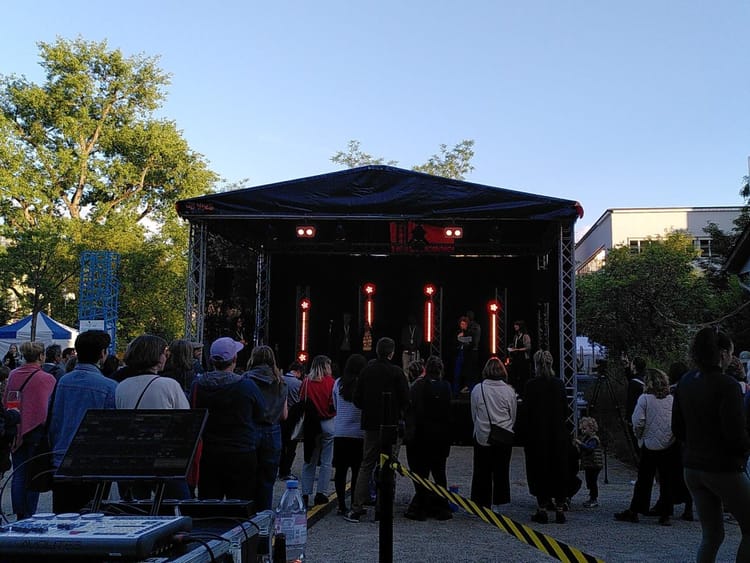
 The works on this blog are licensed under a Creative Commons Attribution 4.0 International License
The works on this blog are licensed under a Creative Commons Attribution 4.0 International License